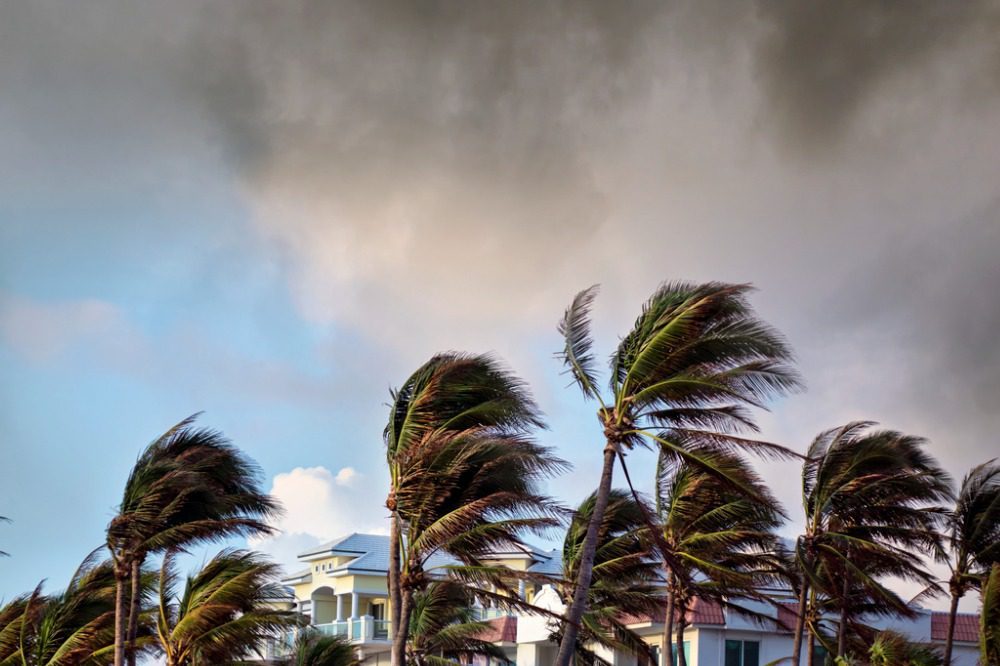Majority of US homeowners face resiliency barriers as climate-driven events loom

Majority of US homeowners face resiliency barriers as climate-driven events loom | Insurance Business America
Property
Majority of US homeowners face resiliency barriers as climate-driven events loom
Almost half believe that coverage has become too expensive
Property
By
Kenneth Araullo
A recent survey conducted by The Harris Poll on behalf of the American Property Casualty Insurance Association (APCIA) found that nearly three-quarters (74%) of homeowners encounter obstacles when trying to bolster their homes’ resilience against natural disasters.
Recent devastating natural catastrophes underscore the importance of mitigation and resiliency for homeowners and business proprietors in safeguarding their properties from the hefty impact of natural disasters. According to the survey, the primary hurdle is perceived as financial, with 46% citing cost as a significant barrier. Additionally, 20% either lack knowledge about where to commence or what steps to take.
Other key survey findings include:
85% of homeowners support the adoption of the latest building codes by their communities to ensure new constructions meet stringent disaster-resilient standards
75% of homeowners are willing to upgrade certain home materials to meet building code standards, enhancing their properties’ resilience
80% of homeowners support efforts to restrict development in storm/wildfire-prone areas to curb rebuilding and repair costs
The survey also disclosed that incentives most helpful to homeowners in overcoming cost concerns for bolstering home resiliency included reduced costs for updated materials through sales or income tax credits or rebates (26%), lower insurance premiums via discounts (22%), reduced property taxes (21%), and financial aid such as low-interest home improvement loans or federal/state grants (19%).
The role of insurance in the face of worsening natural disasters
The surge in extreme weather events, intensifying wildfires, rising sea levels, and increased natural disaster losses also underscore the critical need for proactive action to enhance resilience and mitigate risks. Population growth in hazard-prone regions amplifies climate change’s impact, emphasizing the urgency to enforce stronger building codes and focus on robust community planning to minimize risks and ensure long-term resilience against climate-induced disasters.
The APCIA noted that insurers are continuously investing in advanced tools and technology to enhance climate risk and natural disaster mapping and modeling. They also actively support safety research through the Insurance Institute for Business & Home Safety (IBHS) to devise practical solutions for consumers and communities. IBHS offers cost-effective suggestions to prepare homes for various natural disasters, encompassing actions such as roof inspection, gutter maintenance, sealing gaps, and appropriate landscaping to mitigate risks.
“There are effective ways to reduce the risk of damage from natural disasters to your home or business no matter what your budget is,” said Karen Collins, APCIA property and environment vice president. “Millions of people are increasingly at risk for natural disasters as more communities are built in hazard-prone regions and communities face the intensifying impacts of climate change, so it is incredibly important for homeowners, communities, and policymakers to make resiliency and mitigation a top priority.
“Communities must begin to adapt to growing climate impacts now by adopting and enforcing stronger building codes in high-risk areas and focusing on better community planning. Reducing our risk must continue to be a shared priority, and we must work together to adapt and increase our resiliency in the face of climate-fueled disasters,” Collins said.
What are your thoughts on this story? Please feel free to share your comments below.
Related Stories
Keep up with the latest news and events
Join our mailing list, it’s free!






